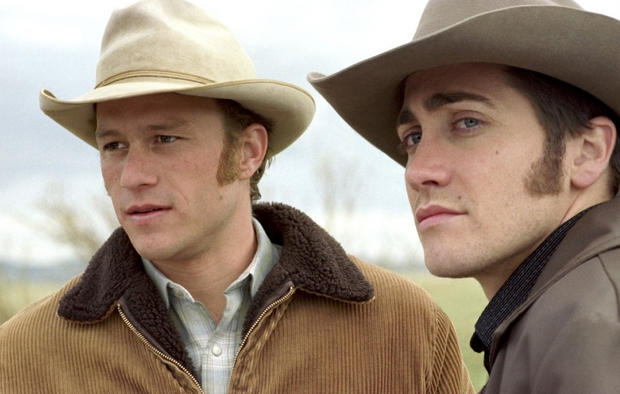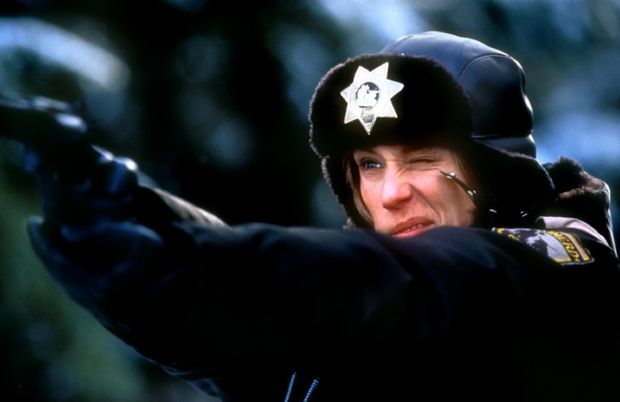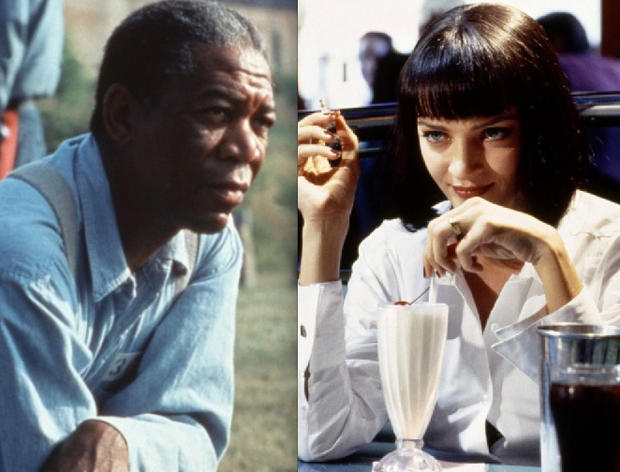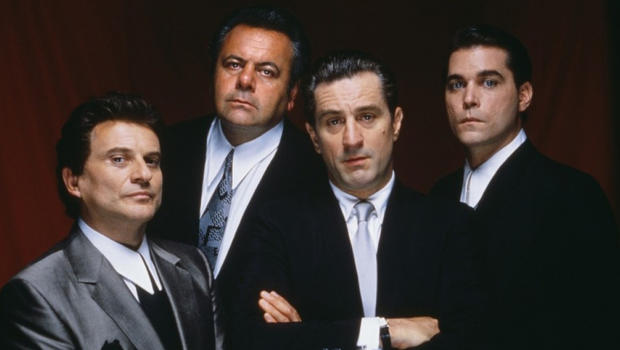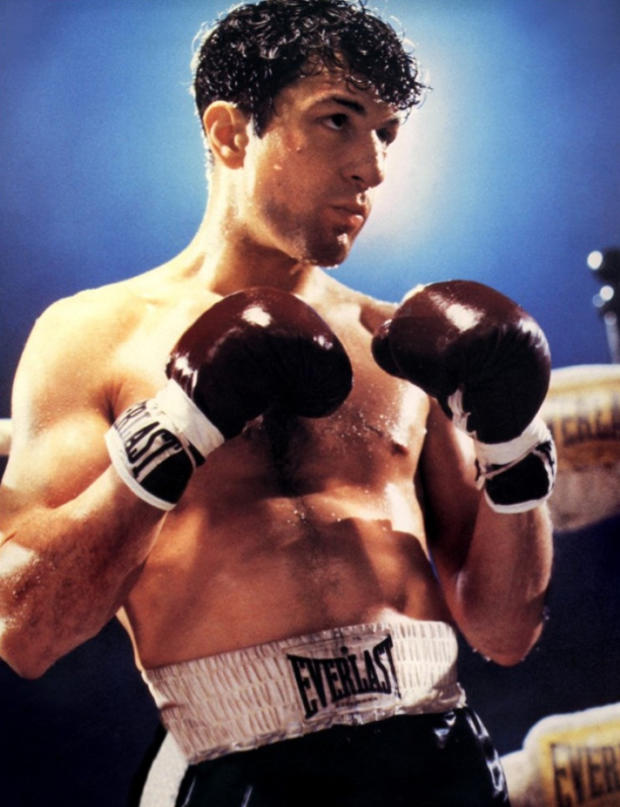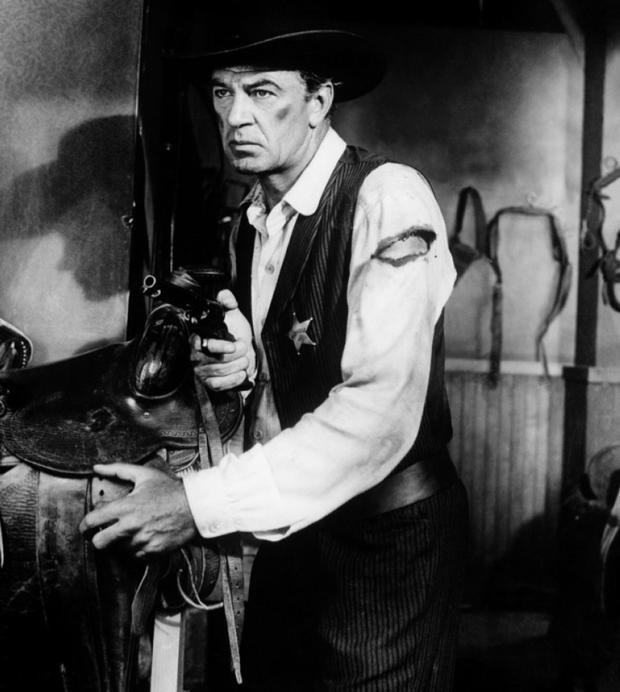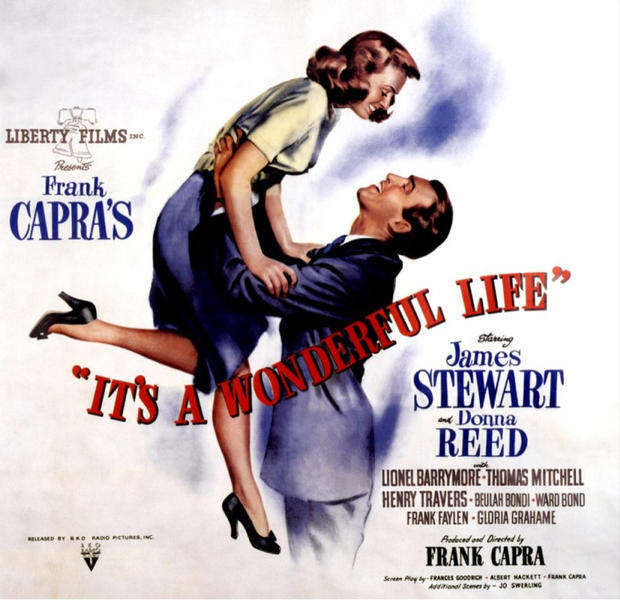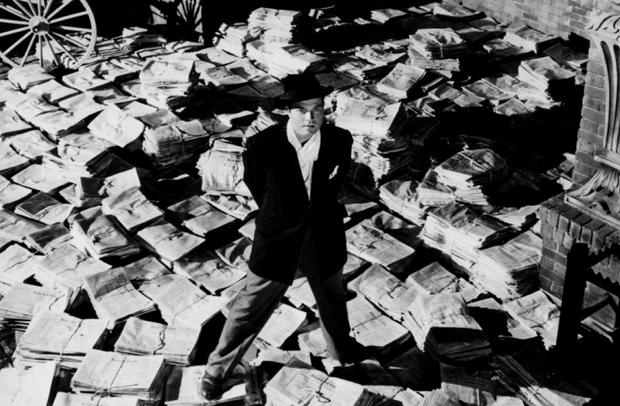The Oscars: Top 10 greatest best picture snubs of all time
The adage that hindsight is 20/20 certainly applies to Oscars history. Some films honored with the coveted best picture Academy Award have entered near-obscurity over the years, while others that didn't win are now considered must-see classics.
It may be surprising to see which unforgettable releases were overshadowed at the ceremony.
The fact that "Brokeback Mountain" lost out to "Crash" become a major point of contention following the 78th annual Academy Awards. Some critics, such as Michael Jensen, leveled accusations of homophobia against academy voters, while others wondered if Hollywood politics ("Crash" featured a star-studded ensemble cast) played a part.
Of the two, "Brokeback" has certainly fared better over time, while "Crash" in retrospect comes off as preachy, with its hit-us-on-the-head observations on bigotry (we get it, everyone has their prejudices).
Ang Lee's low-budget indie about two male ranchers (Jake Gyllenhaal and Heath Ledger) who share a secret romance had received more awards than "Crash" in the lead-up to their Oscars showdown.
After taking home the Golden Globe for best picture, and following three Academy Award wins (including best director for Lee), "Brokeback" seemed a sure-fire for the top prize. When presenter Jack Nicholson read out "Crash" as the best picture winner, an audible gasp could be heard from the Oscars audience in reaction to the upset.
"Fargo" 1996
"Eh?"
It's still a mystery how Anthony Minghella's "The English Patient" beat out this classic from Joel and Ethan Coen, set in the American Midwest and starring Frances McDormand in an Academy Award-winning performance. The Coen Bros. also took home Oscars for best original screenplay.
McDormand portrays a pregnant Minnesota police officer who goes on the hunt for a pair of homicidal kidnappers (Steve Buscemi, Peter Stomare) in the wake of an abduction scheme hatched by a car salesman (William H. Macy).
Horrifying, and at times likewise funny, "Fargo" has been continually named one of the best films of the 1990s. The reputation of "The English Patient" meanwhile has noticeably declined over the years. As Elaine Benes famously put it in a "Seinfeld" episode entitled "The English Patient," "That movie stunk!"
"Shawshank" & "Pulp Fiction" 1994
"The Shawshank Redemption" & "Pulp Fiction" (1994) both lost out to "Forrest Gump" at the 67th annual Academy Awards. "Gump" certainly has its merits, but "Shawshank" and "Pulp" stand as superior efforts.
Directed by "The Walking Dead" creator Frank Darabont, and based on a short story by Stephen King, "The Shawshank Redemption" is currently ranked at No. 1 on the IMDb list of the top 250 greatest films ever made. Tim Robbins and Morgan Freeman play a pair of prisoner friends who long to escape their confines. The film's message of maintaining hope in a hopeless situation continues to resonate with, and inspire, audiences.
An all-star cast led by John Travolta, Bruce Willis, Uma Thurman and Samuel L. Jackson, Quentin Tarantino's "Pulp Fiction" revolutionized independent cinema, with its out-of-order plot and unusual dialogue (anyone else craving a royale with cheese right about now?).
"Goodfellas" 1990
"Goodfellas" was beat out at the 1991 Oscars by Kevin Costner's "Dances with Wolves."
Starring Ray Liotta, Joe Pesci and Robert De Niro, Martin Scorsese's gangster epic remains one of the best films ever made about the mafia, along with Francis Ford Coppola's "The Godfather."
"Raging Bull" 1980
Yet another entry from Martin Scorsese (also once again starring Robert De Niro and Joe Pesci) makes our list.
The black-and-white drama, about troubled boxer Jake LaMotta (De Niro), was knocked out by Robert Redford's melodramatic and weepy "Ordinary People," co-starring Mary Tyler Moore.
Side by side, it's obvious which film is the real champion.
Cinema scholars often consider this to be one of the greatest Oscar upsets of all time, in any category.
"2001: A Space Odyssey" 1968
Stanley Kubrick's visionary epic paved the way for scores of science fiction films that came after it, including George Lucas' 1977 "Star Wars" masterpiece.
Except for a few notable exchanges ("Open the pod bay doors, HAL!"), much of "2001" is devoid of dialogue, an element that alienated audiences and critics in 1968. The Dickens-inspired "Oliver!" was instead named the best picture of that year.
"Psycho" 1960
Alfred Hitchcock's masterpiece "Psycho" (like "2001") wasn't even nominated in the best picture category, despite its cinematic significance.
"Psycho" is thought to be the first true "slasher-flick," depicting hotel owner Norman Bates (Anthony Perkins), and his "mother," as "they" evade an inquisitive P.I. (Martin Balsam) and the suspicious loved ones of a missing guest (Janet Leigh).
The "shower scene" has become one of the most notorious (yes, that's a Hitchcock pun) sequences ever captured on celluloid.
"High Noon" 1952
Here's another head-scratcher.
Cecil B. DeMille's over-the-top "The Greatest Show on Earth" (thought to be one of the worst best picture winners of all time) somehow managed to shoot down the celebrated Western, "High Noon."
Set almost entirely in real-time, the iconic Gary Cooper turns in a memorable performance as veteran town marshall Gary Kane, who has just one more outlaw to face before he can go on his honeymoon with bride Amy (Grace Kelly).
In 1998, The American Film Institute ranked "High Noon" as one of the 100 greatest films ever made.
"It's A Wonderful Life" 1946
This remains a holiday staple, but it was somewhat of a critical and commercial disappointment during its first theatrical release, in the direct aftermath of World War II. "The Best Years of Our Lives," about servicemen returning from WWII, won best picture instead.
James Stewart stars in this Christmastime tale as George Bailey, a suicidal every-man who gets a different perspective from a wingless angel, Clarence (Henry Travers).
Through repeated showings on TV, the film is watched yearly by generations of viewers, celebrated for its pointed observations on what really matters most in life.
"Citizen Kane" 1941
Along with 1942's "Casablanca," "Citizen Kane" is one of the cinema's great classics, but the voting academy didn't think so initially.
A passion project for a then-25-year-old Orson Welles, the film tells the life story of a media mogul and his beloved, "Rosebud." A smear campaign, launched by "Kane" source inspiration William Randolph Hearst, ruined the film's chances of taking home the best picture prize.
The only Oscar given out for "Citizen Kane" went to Welles and co-writer Herman J. Mankiewicz, for best original screenplay.
